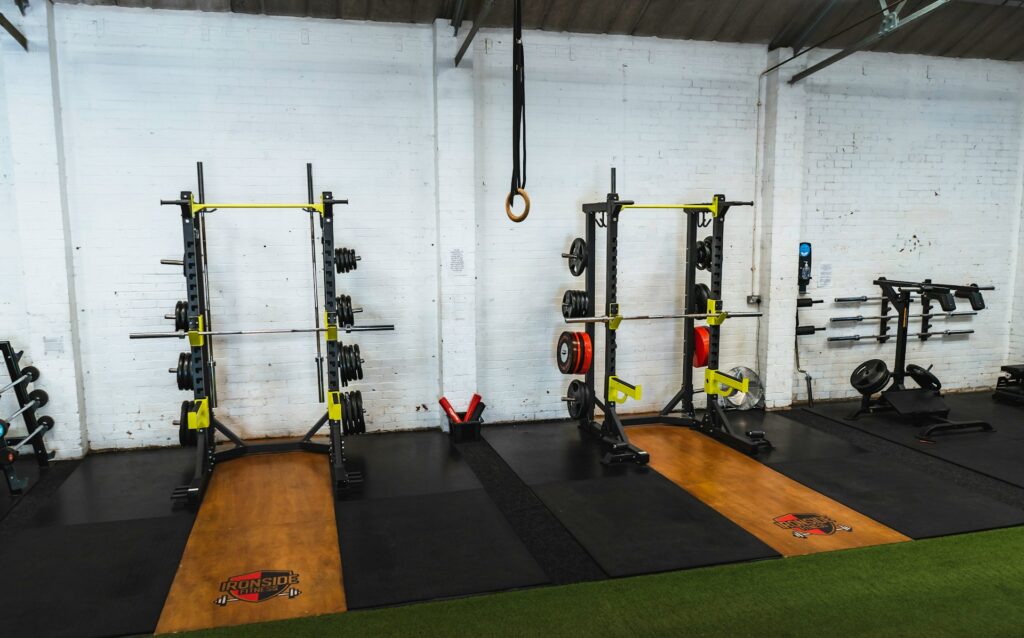
Two and a half years ago we sold our home in Malibu and moved to a community in the San Fernando Valley. By that time, I was semi-retired, no longer had deadlines, and there was now time for hobbies, recreation, and vacations; we were free to visit worldwide destinations we’d only dreamed of.
I should have known these so-called golden years would be too good to be true. By 2018 David had downsized his law practice to where he was only taking small clients. Then came signs that something was seriously wrong with him; he began to forget basic legal procedures. I excused this by telling myself that he was doing client-related matters that his staff, gone by now, had routinely done. Evidence of his cognitive decline reached a point where I could no longer deny that he was sick.
I was referred to a UCLA neurologist specializing in dementia, and she ran David through tests. First a PET scan, then a series of simple questions such as day, time, year, and city where we live. He was unable to answer any of them. Finally, she said the words that I knew in my heart: David had Alzheimer’s Disease and vascular dementia. Listening to her explain the disease’s seven stages that couldn’t be cured, let alone treated, was staggering. I could hardly process the information. I expected at least an expression of sympathy or regret from her, but her mien never changed. She was delivering a death sentence with impassivity. It was implicit that she had rolled out this diagnosis to other individuals many times before. In all fairness, she gave us many resources that would help us, and we left with a host of brochures that thoroughly explained the diseases.
The progression of his dementia was slow and steady. Unlike some patients, though, he remained even-tempered and eager to maintain our routine of seeing movies, dining out, and visiting friends. We joined a local gym because I figured that weight-bearing exercise would at least ensure his general health. He had lost a lot of muscle mass and weight, and falling is a danger to the elderly when balance becomes an issue. By strengthening his legs with weights, he could likely forestall balance issues. With me standing by, he walked the treadmill daily at home at a pace comfortable for him.

I took him to the gym two days a week, helping him on and off the weight machines. I sat on a duplicate machine next to him as he tried hard to copy my moves. I noticed others watching us. Instead of looking away as they had when we first joined the gym, people began coming around to chat. They commended him for exercising, and almost all asked me how he was doing. Others would tell me that they watched for us on our usual days – Saturday and Sunday. If we didn’t show up, the next week they asked if he was okay. Was he sick? Had he fallen? Their most consistent expression though was one of caring. They would often help him dismount a machine, while someone else would come to his aid to board another.
For whatever reason our fellow gym members reached out to us, be it that they were simply empathetic or that some feared that they could eventually slip into dementia themselves and would need care and understanding– whatever their motivation, it gave a great boost to David and me.

We want to hear from you, so feel free to share tips, ideas, and resources for seniors with Grannybooster. Email me, Maris Somerville, at [email protected]


Leave a Reply